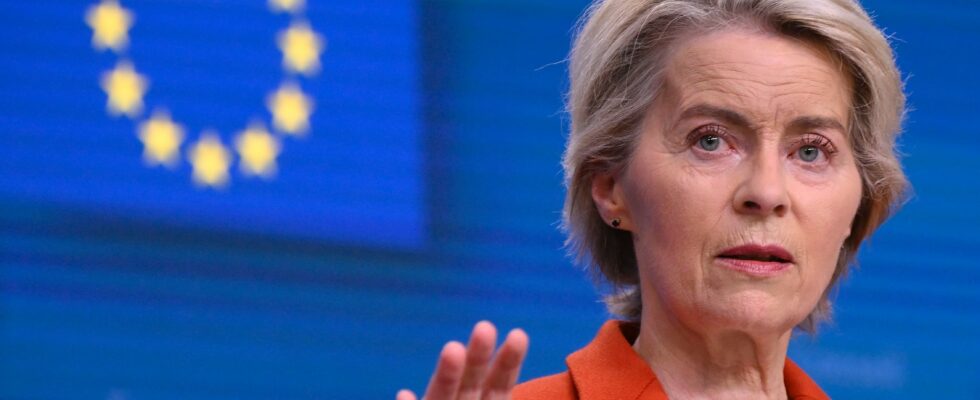Do we still remember the European elections of last June, apart from the dissolution they caused in France? Five months later, the new Brussels Commission is finally being put in place: once the major oral presentations of its members have been completed, its boss, Ursula von der Leyen, hopes to start the work of the new executive in December.
In the meantime, the ballots continued, whether in Georgia or Moldova, Joe Biden returned as candidate, the United States elected his successor, the Ukrainians attempted an incursion into Russia in August , thousands of North Korean soldiers came to trudge alongside their Russian comrades, the Hungarian Prime Minister, Viktor Orban, went to encourage the pro-Russian government in Georgia, while the Twenty-Seven are having all the difficulty in the world granting their price violins to counter the influx of Chinese electric vehicles on the Old Continent…
Europe no longer answers the phone
The planet is turning, and Europe is watching. Certainly, she did not remain completely still during these long months, but her voice is barely audible. Where are the great leaders of yesterday, who, from Helmut Kohl to François Mitterrand, from Gordon Brown to Nicolas Sarkozy, from François Hollande to Angela Merkel, tried, if not to embody this European design, at least to ensure a place for it? of choice in the concert of nations? Since this concert turned into a free-for-all, Europe no longer answers the phone. Economic decline, atrophied demography, innovation in glaciation mode, disagreements, polarization of societies…
Don’t throw any more away: the European engine is coughing, at a time when the challenges to be taken up have never been so numerous. Starting with the distance from the always ally, the United States. “European countries must become aware that one day the Americans will perhaps not be as present as we would like”, reminds L’Express Thierry Burkhard, the chief of staff of the armed forces. . A distance that comes at its worst, at a time when Putin’s Russia is increasing interference and disinformation operations, “which continue to erode Europe’s capacity for influence, including in its own neighborhood.” notes Florent Parmentier, secretary general of Cevipof.
Is Europe called to play second-rate pawns in the face of the irresistible confrontation between the two giants, China and America? Or, conversely, can it reconnect with its creative impulse? Without doubt, “on condition of assuming oneself as a power”, judges the essayist and lawyer Jérémie Gallon. And also on condition of believing in its strengths. Whether it is its baroque team of 27 countries, “a diversity which constitutes an opportunity, in an innovative and changing world”, its values or its attractiveness. The one that should make its 450 million inhabitants want to make history in Europe.
